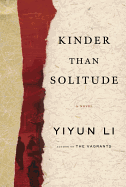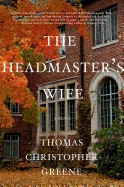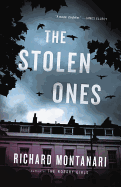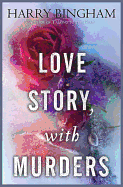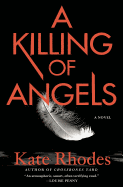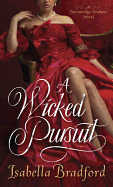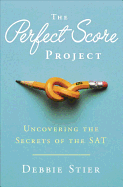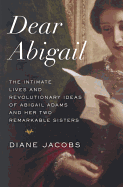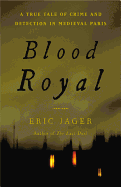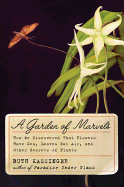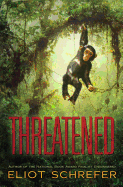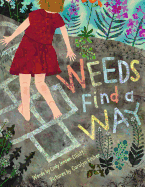 |
| photo: Alison Rosa/Doug Rosa Photography |
Brian Payton has written for the New York Times, the Los Angeles Times, the Chicago Tribune and the Boston Globe. His debut book was the novel Hail Mary Corner. His second book, Shadow of the Bear: Travels in Vanishing Wilderness, was chosen as a Barnes & Noble Book Club pick, a Pearl's Pick on NPR and a National Outdoor Book Awards Book of the Year, and was followed by The Ice Passage: a True Story of Ambition, Disaster, and Endurance in the Arctic Wilderness, longlisted for the 2010 National Award for Canadian Nonfiction. Payton's new book is The Wind Is Not a River (Ecco, January 7, 2014). He lives with his family in Vancouver, B.C.
On your nightstand now:
I alternate between fiction and nonfiction and often find myself in the midst of both at once. Right now, my wife is reading Unconditional Parenting by Alphie Kohn aloud to me, because we have two children under the age of two and I am unconditionally confused. I am reading The Sisters Brothers by Patrick DeWitt, for the wild, exuberant ride, and The Once and Future World by J.B. MacKinnon, for a deep look at the nature of nature and the possibilities of "rewilding" our world.
Favorite book when you were a child:
Honestly, I can't remember much of what I read as a child, beyond the Hardy Boys mysteries, ghostwritten by authors collectively known as "Franklin W. Dixon." Then, as now, I loved being read to. I remember being mesmerized by my stunningly beautiful third grade teacher, who read E.B. White's Charlotte's Web to the class. I was hooked on every word.
Your top five authors:
In no particular order: John Steinbeck, Ernest Hemingway, Graham Greene, Roddy Doyle and Ian McEwan.
Book you've faked reading:
I've never faked reading a book, aside from a few junior high school textbooks read by classmates who took excellent (and concise) notes. I don't skim. I will set a book aside rather than skim. That said, one summer in my 20s, I very publicly read Tolstoy's War and Peace while sun tanning, hoping to be seen reading this monumental work. I did not skim, but became completely lost (not in a good way) in the sweep of the Napoleon's Russian adventure. I was frequently and happily distracted by most anyone passing by. I got a great tan.
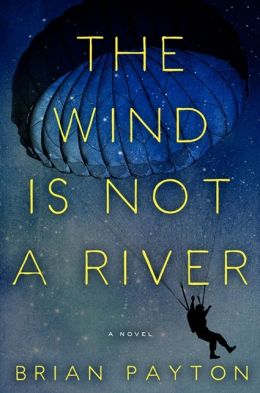 Book you're an evangelist for:
Book you're an evangelist for:
The Snow Leopard by Peter Matthiessen. An account of a search for elusive beasts, it is both a physical and existential adventure story that wrestles with our place in nature, the nature of love and loss, the meaning of time, the meaning of meaning. And Frank McCourt's Angela's Ashes, the only book I've read that truly made me laugh and cry out loud all in the space of a single page. Brilliant. Neither title needs any help from the likes of me.
Book you've bought for the cover:
None. However, I am convinced of the power of good design. I've been attracted to countless beautiful or intriguing covers only to discover beautiful or intriguing stories inside. I often discover for the cover, but buy for the words.
Book that changed your life:
I read Steinbeck's The Grapes of Wrath when I was 14, and it shook me to the core. I vividly remember savoring the final scene while on the road, curled up in the hatchback of our Ford Pinto (infamous for having its gas tank behind the bumper) because there were not enough seats for all us kids. By the time I reached the ending, I was sobbing loud enough to require explanation. I knew then that I had magic in my hands and wanted to become a magician.
Favorite line from a book:
"How vain it is to sit down to write when you have not stood up to live." --Henry David Thoreau.
So many of my favorite lines come from the eminently quotable Thoreau--lines that have challenged and inspired me throughout the years.
Book you most want to read again for the first time:
The Grapes of Wrath.
Book Brahmin: Brian Payton
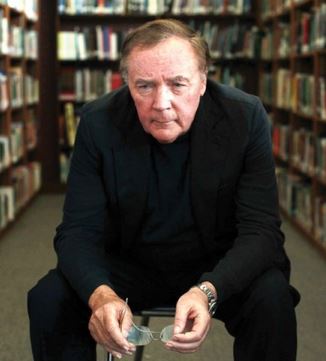




 Book you're an evangelist for:
Book you're an evangelist for: